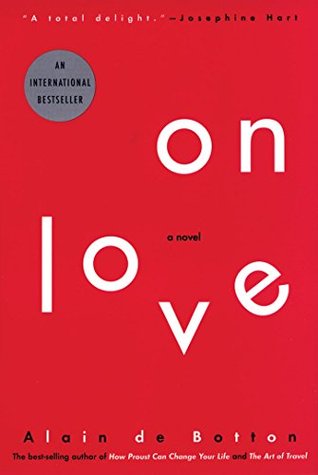Everyone from Aristotle to Kant had criticized Plato on the way to reach the truth, but no one had seriously questioned the value of the undertaking. But in his Beyond Good and Evil (1886), Friedrich Nietzsche finally took the bull by the horns and asked: What in us really wants “truth”? . . . We ask the value of this. . . . Why not rather untruth? and uncertainty? even ignorance? . . . The falseness of a judgement is not necessarily an objection to it. . . . The question is to what extent it is life-advancing; and
Welcome back. Just a moment while we sign you in to your Goodreads account.


